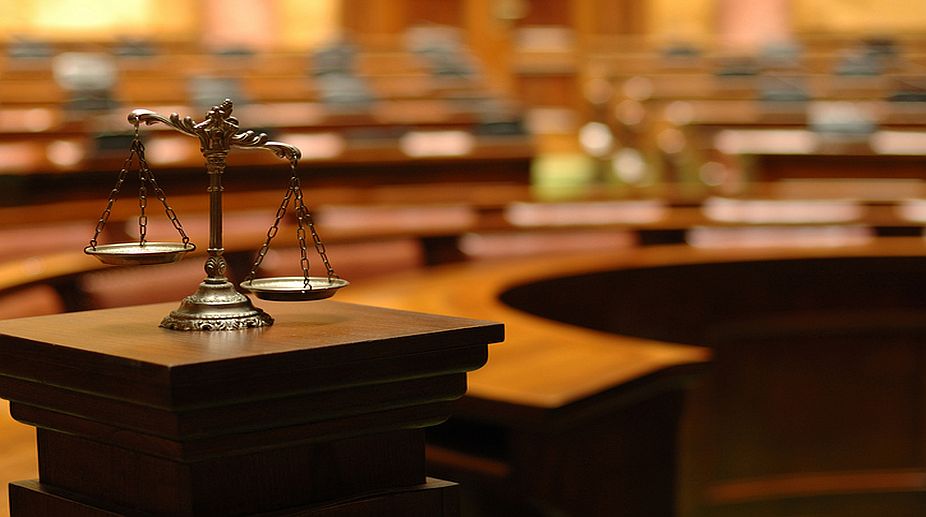Will knock the door of SC if rights of Himachal Pradesh not given by the Centre: CM
Chief Minister Sukhwinder Singh Sukhu has said that he will meet the Union Ministers to release the aid to Himachal under the Post Disaster Need Assessment (PDNA).

Representational Image (PHOTO: GETTY IMAGES)
The Supreme Court Wednesday asked if a tax payer can say that he would pay taxes not according to the tax regime put in place by the government but the way he would like.
"Can you say that I will pay taxes in the manner I will pay" and not follow the tax regime put in place by the government, the bench of Justice A.K.Sijkri and Justice Ashok Bhushan asked senior counsel Shyan Divan who argued against linking Aadhaar with permanent account number (PAN) under Section 139 AA of Income Tax Act.
Advertisement
The court query came even as for the second successive day, the central government defended inserting Section 139AA mandating linking of Aadhaar number to the permanent account number (PAN) for the purpose of filing income tax returns.
Advertisement
Defending the linking of Aadhaar with PAN, counsel Arghya Sengupta told the court that biometric was the best system for person's identification at present and it is what PAN was earlier.
He said that as of today, technologically Aadhaar was "protected system" with all sophisticated safeguards and there was not a single leak from Unique Identification Authority of India (UIDAI).
Addressing the privacy issue being raised on the linking of Aadhaar with PAN, Sengupta, Founder & Research Director, Vidhi Centre for Legal Policy, told the bench that understanding of privacy has to be in Indian context and its laws and not in the western concept.
Taking exception to Attorney General Mukul Rohatgi describing the challenge to linking of Aadhaar number with PAN an elitist challenge, Divan said that his client is a major general and may not have contributed as much as the Attorney General might but did something in his service.
Telling the bench that both Aadhaar Act and IT Act's Section 139 AA were in clash, Divan said the former says Aadhaar was voluntary and the latter makes it mandatory.
"Everything from enrolment to its use is voluntary and its could not be made mandatory by Section 139 AA.
Appearing for another petitioner, senior counsel Arvind Datar told the court that it was a frightening scenario that the Attorney General gives an undertaking to the top court and the government acts contrary to it by bringing a law.
It is shocking that parliament can pass a law contrary to what the Attorney General undertook in the top court, he said, pointing out that if AG gives an undertaking, the government in majority can't act contrary to it.
Senior Communist Party of India leader Binoy Visman, former Indian Army officer S.G. Vombatkere and Safai Karamchari Andolan founder and convenor Bezwada Wilson have moved the court challenging the validity of the Section 139AA.
Advertisement